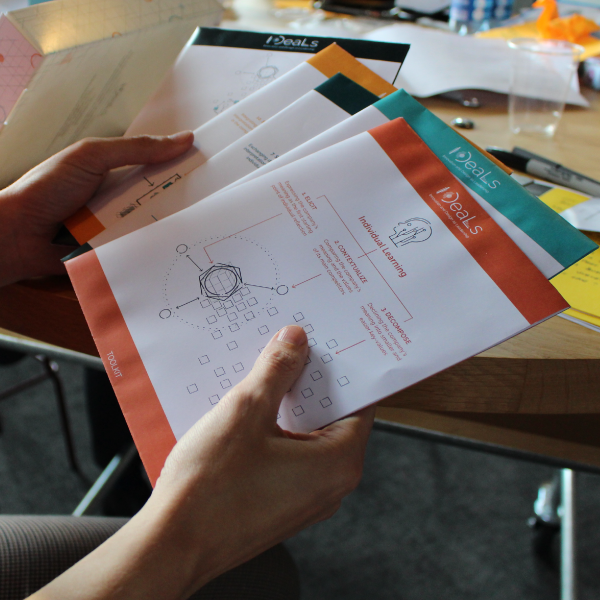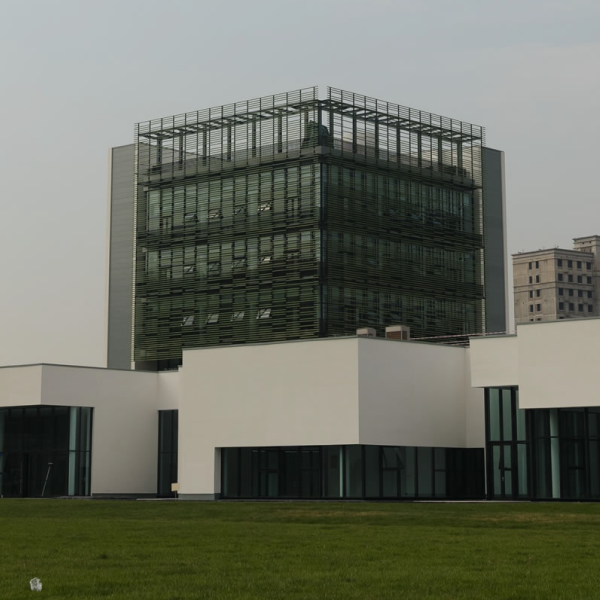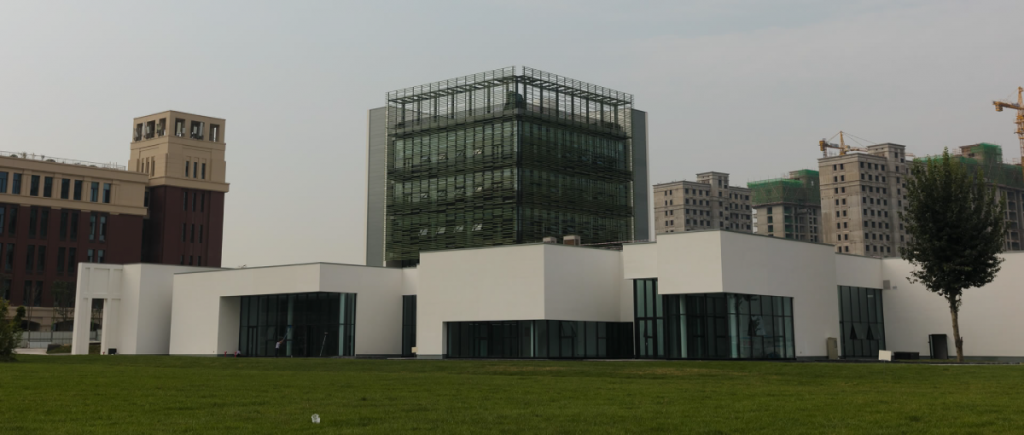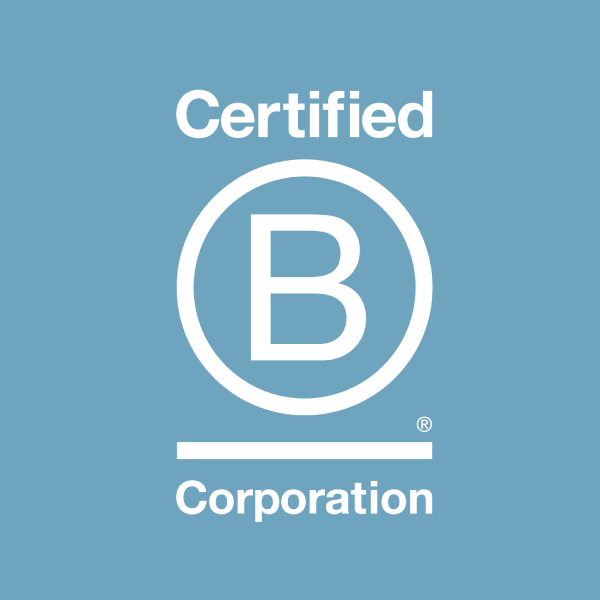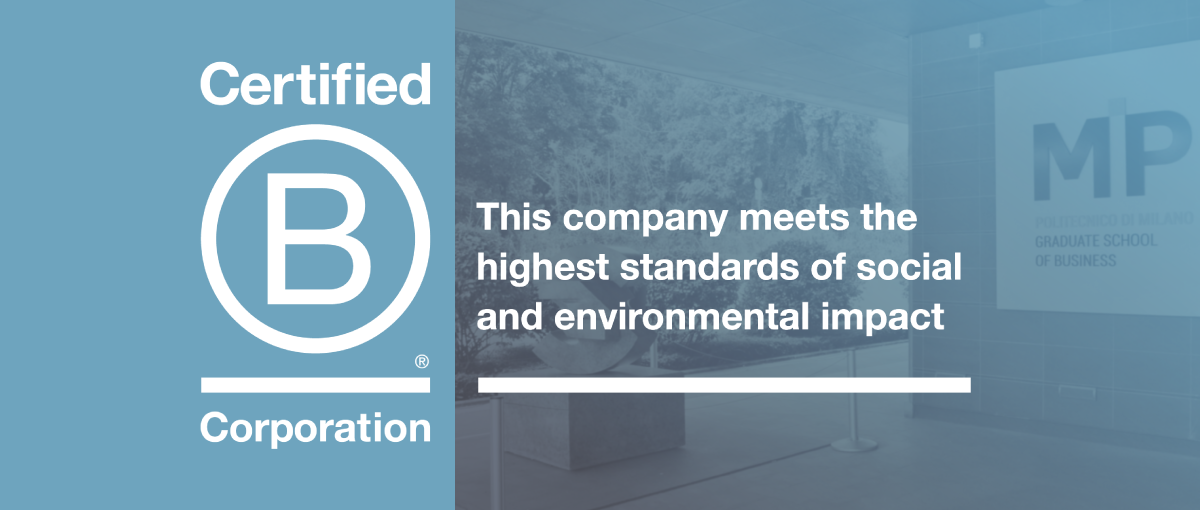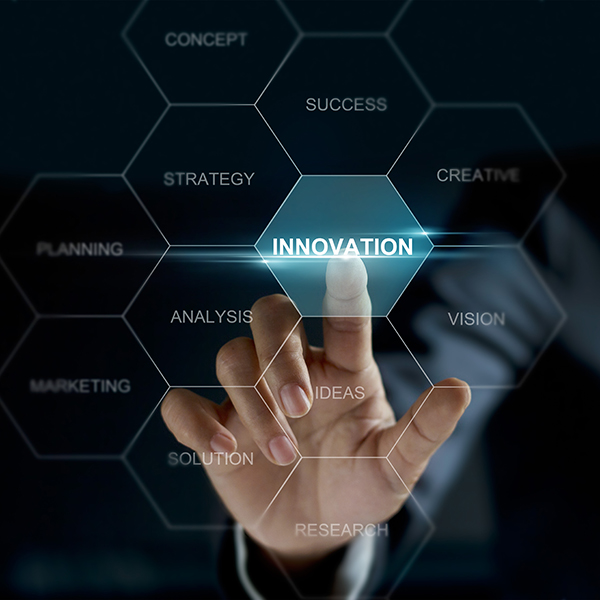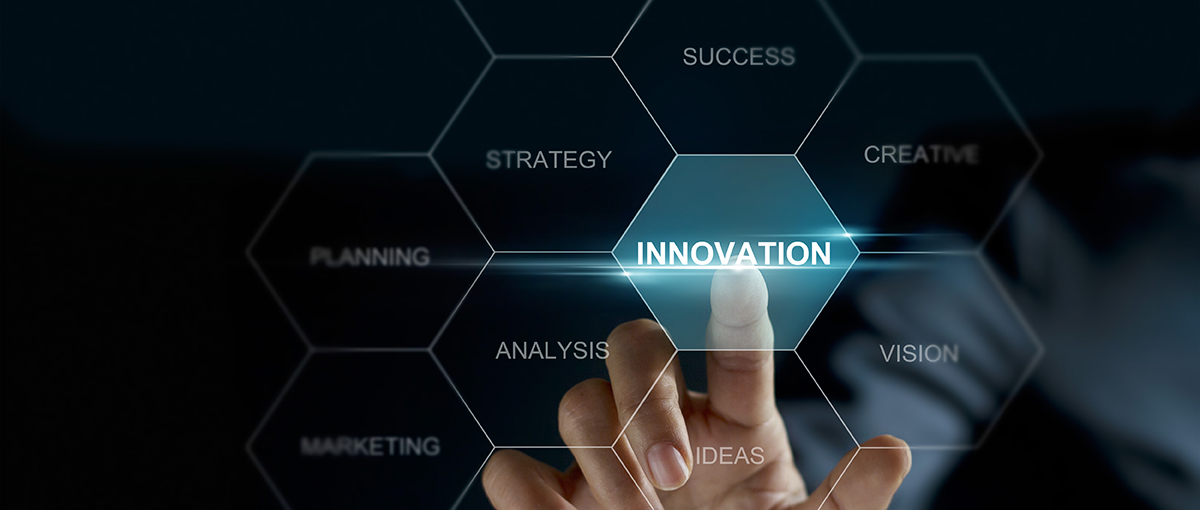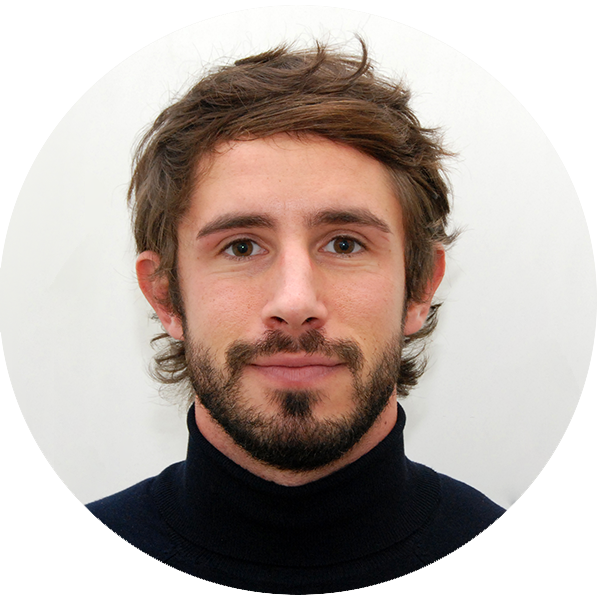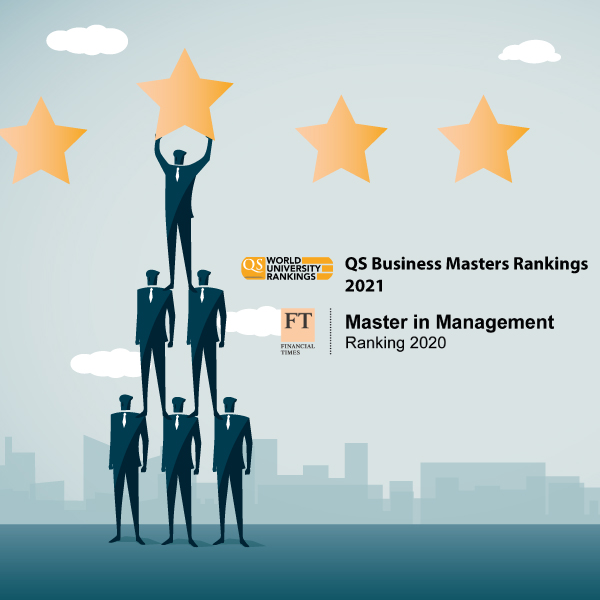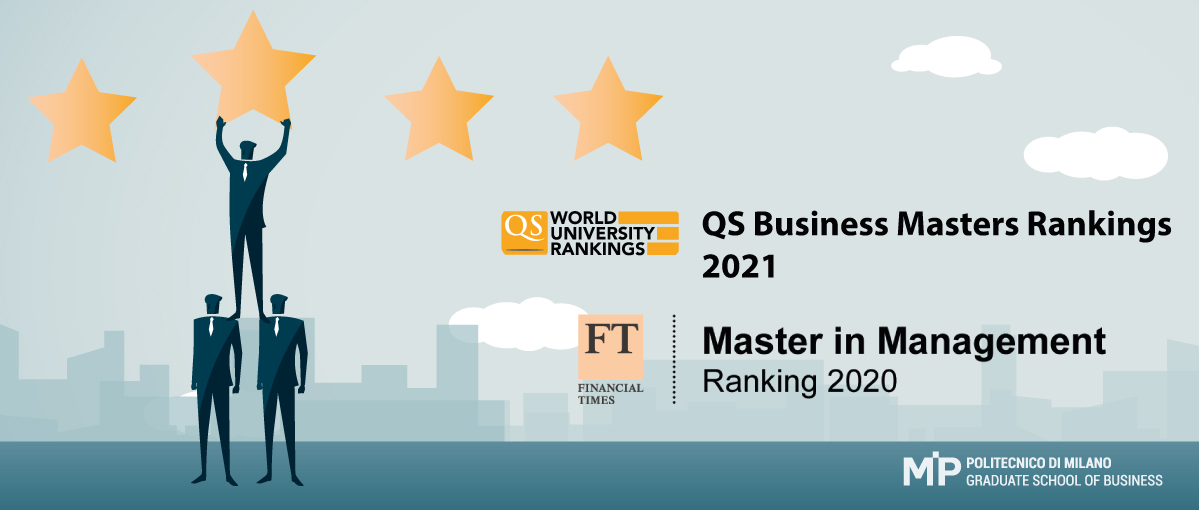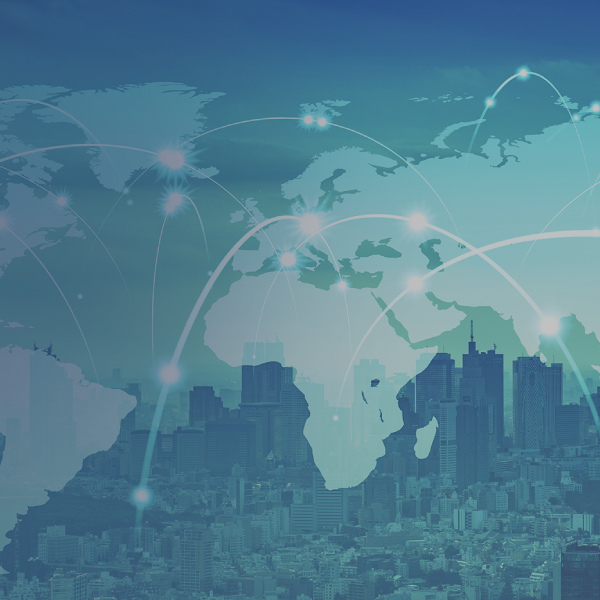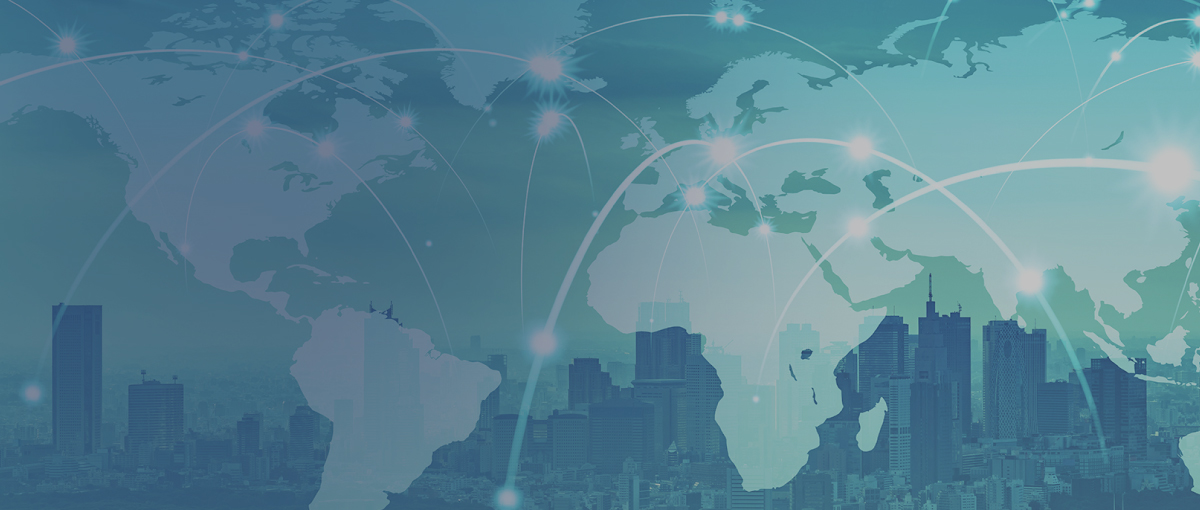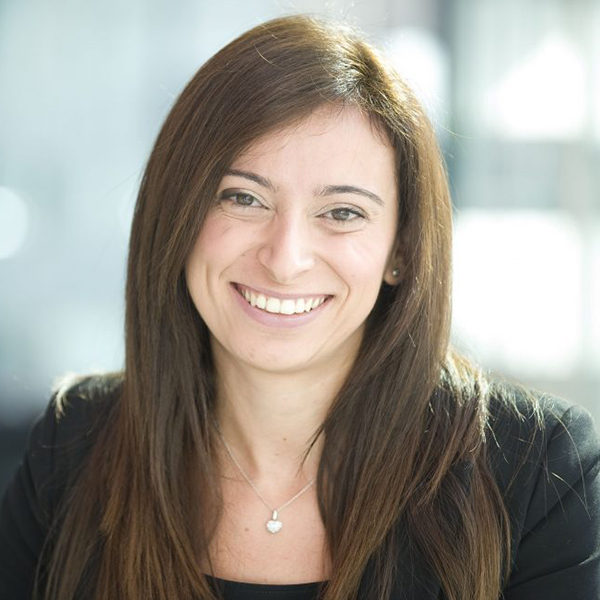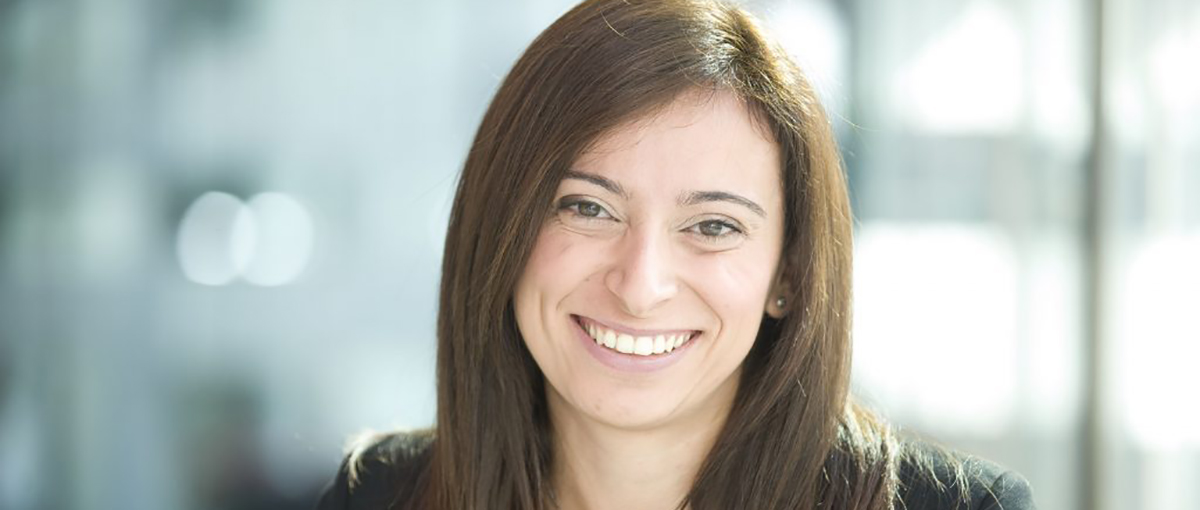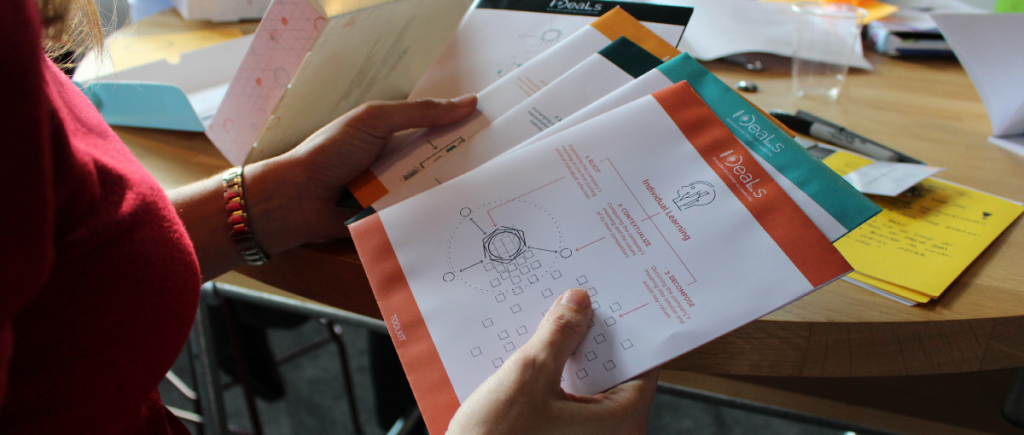
The world of Innovation Management is being disrupted, as companies all over the world explore new ways to develop new products and services. With the advent of Artificial Intelligence and other digital technologies, the role of people in innovation processes is increasingly uncertain.
IDeaLs was born to explore how companies can achieve Innovation through collective Design activities and shared forms of Leadership.
Founded by the Politecnico di Milano and the Centre for Creative Leadership, IDeaLs is a research platform that unites Academics and Managers to discover new ways of engaging people in activities of collaborative design to Make Innovation Happen.
Over the past two years, IDeaLs has collaborated with nine international organisations operating in diverse sectors, ranging from utilities to logistic providers, healthcare organisations, and sportswear.
For each organisation joining the platform, a core team of 2-3 managers would bring an innovation challenge to the research team. Over a time period of 4-6 months, each challenge was analysed, and multiple workshops performed with the partner organisation. At the end of the time frame, the results of the research, and the impact in the organization, were shared among all partners in a collective final event.
In line with the requests made by managers, IDeaLs aims to develop new tools and methodologies to support organisations during their transformation processes. Over the past years, IDeaLs has developed a “Story-telling” experience: upon briefing by managers, through a series of workshops, participants designed their own transformation story, a roadmap for both individual and collective change. This experience had a positive effect on all partner organisations: firstly, every participant committed to three concrete actions to perform, resulting in an average of 120 small, autonomous steps towards the destination outlined by the managers; and secondly, the workshops increased the levels of engagement towards innovation, which was constantly monitored by the research team.
Ultimately, IDeaLs represents a community of “innovation leaders”, who discuss relevant topics on leadership and innovation, besides learning about the case-studies of the other companies. Three yearly events are organised in which members discuss their insights, share success stories, and examine their organisations’ approaches to innovation.
As a founder of the platform, the School of Management is contributing both to consulting the companies and to the research.
First of all, the activities are related to the design of new methods and tools to foster collaboration among individuals in an innovation setting. Second, the platform aims to give a methodological contribution, developing a measurement instrument which makes it possible to assess the strategic readiness of an organisation to pursue an innovative direction.
From a research perspective, the team is involved in the design of research directions for each year and is currently developing three separate Ph.D. programs related to the platform. The School of Management is further responsible for the dissemination of the knowledge acquired, through a yearly booklet which describes the partners’ projects, as well as presenting the theorical insights in international conferences and publishing the same in academic journals.
“When it comes to us as individuals, we are often overwhelmed by innovations and know very well that the problem goes far beyond the process we apply to make them happen. The world of innovation was so focused on finding the perfect innovation process, but it forgot the people who run it.” [1] IDeaLs aims to bring the person back to the centre, as a driver of organisational innovation.
The Research Team – http://www.ideals.polimi.it/
Scientific Directors: prof. Roberto Verganti; Prof. Tommaso Buganza; Joseph Press, Ph.D.
Research Team: Paola Bellis; Silvia Magnanini; Daniel Trabucchi, Ph.D.; Federico P. Zasa
_________________________________
[1] Source: IDeaLs Booklet 2019
